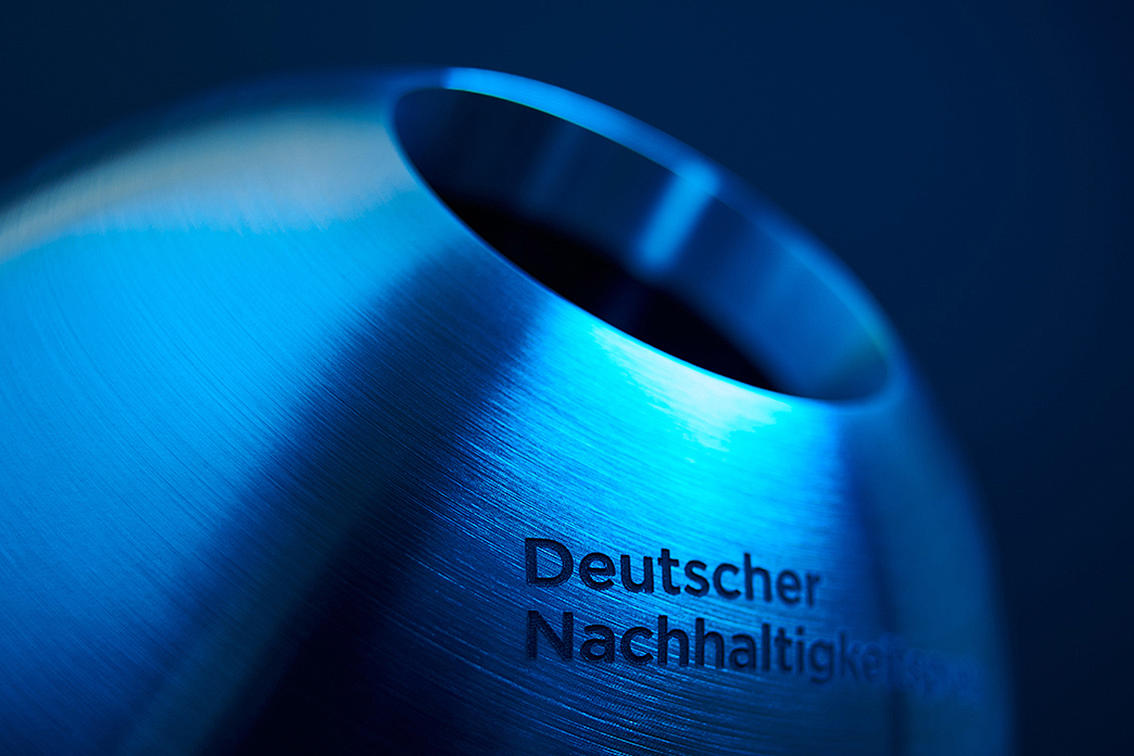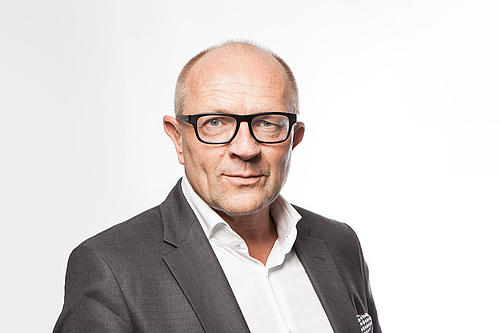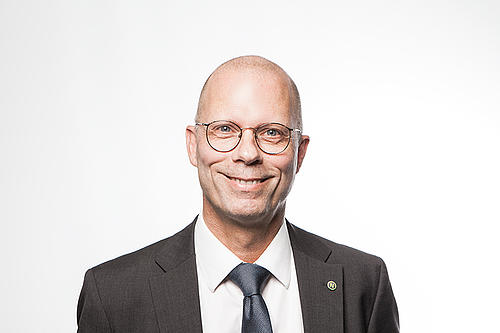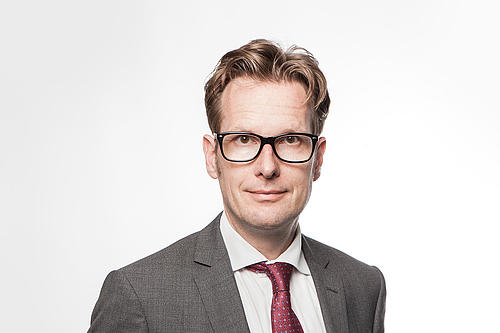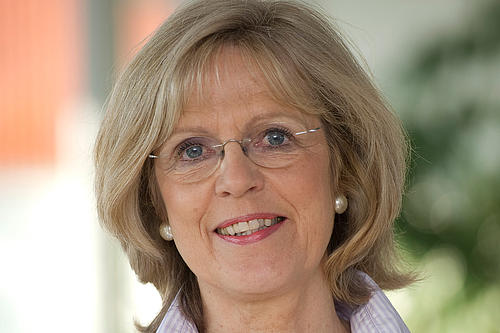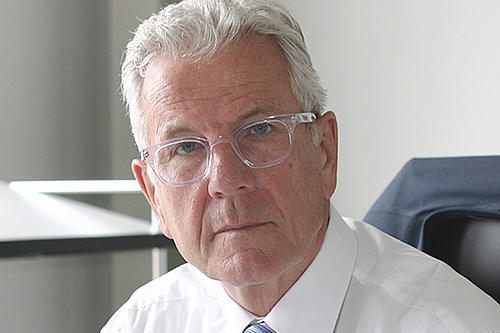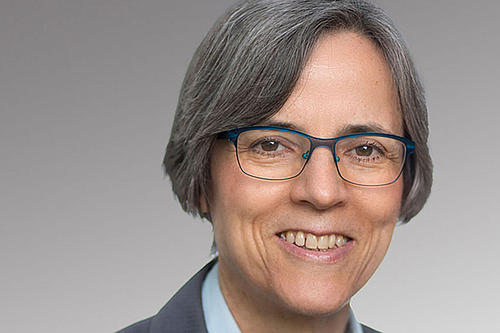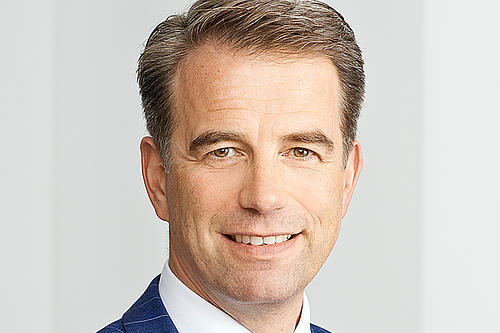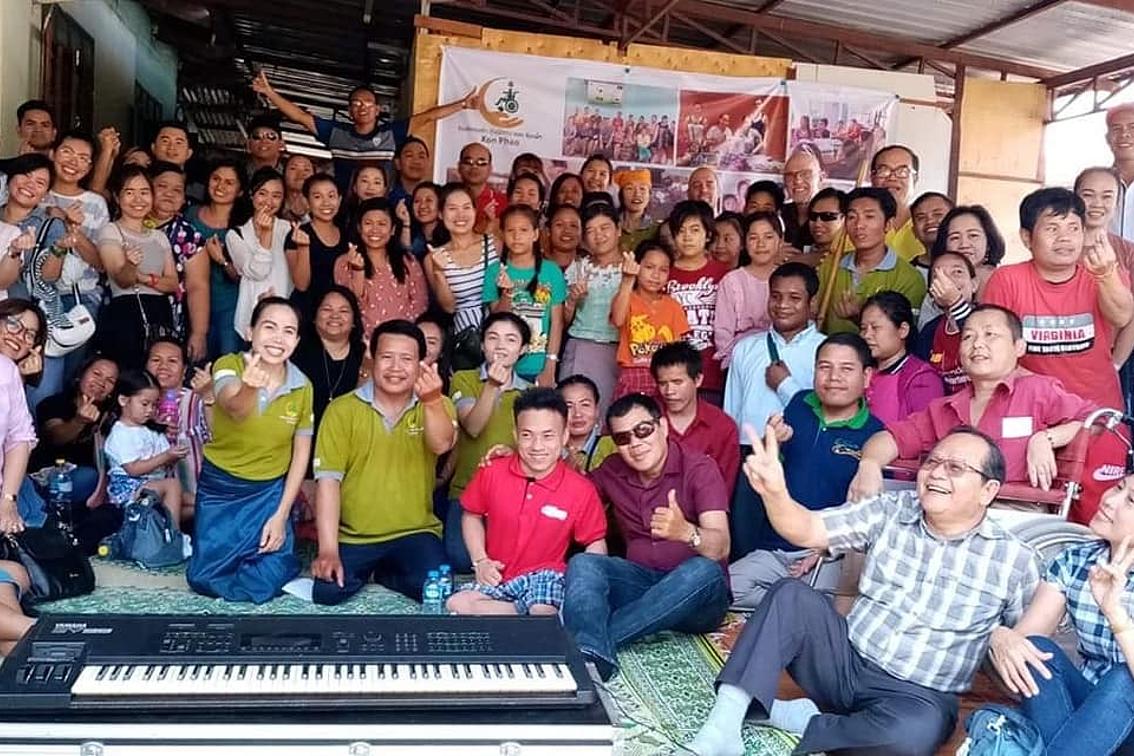Carrier of the award
German Sustainability Award Foundation.
The award is sponsored by the German Sustainability Award Foundation (Stiftung Deutscher Nachhaltigkeitspreis e.V.), which maintains the independence and reputation of the award, provides funding and aligns the project with the highest standards. This applies in particular to the transparent control and further development of the methodology.

